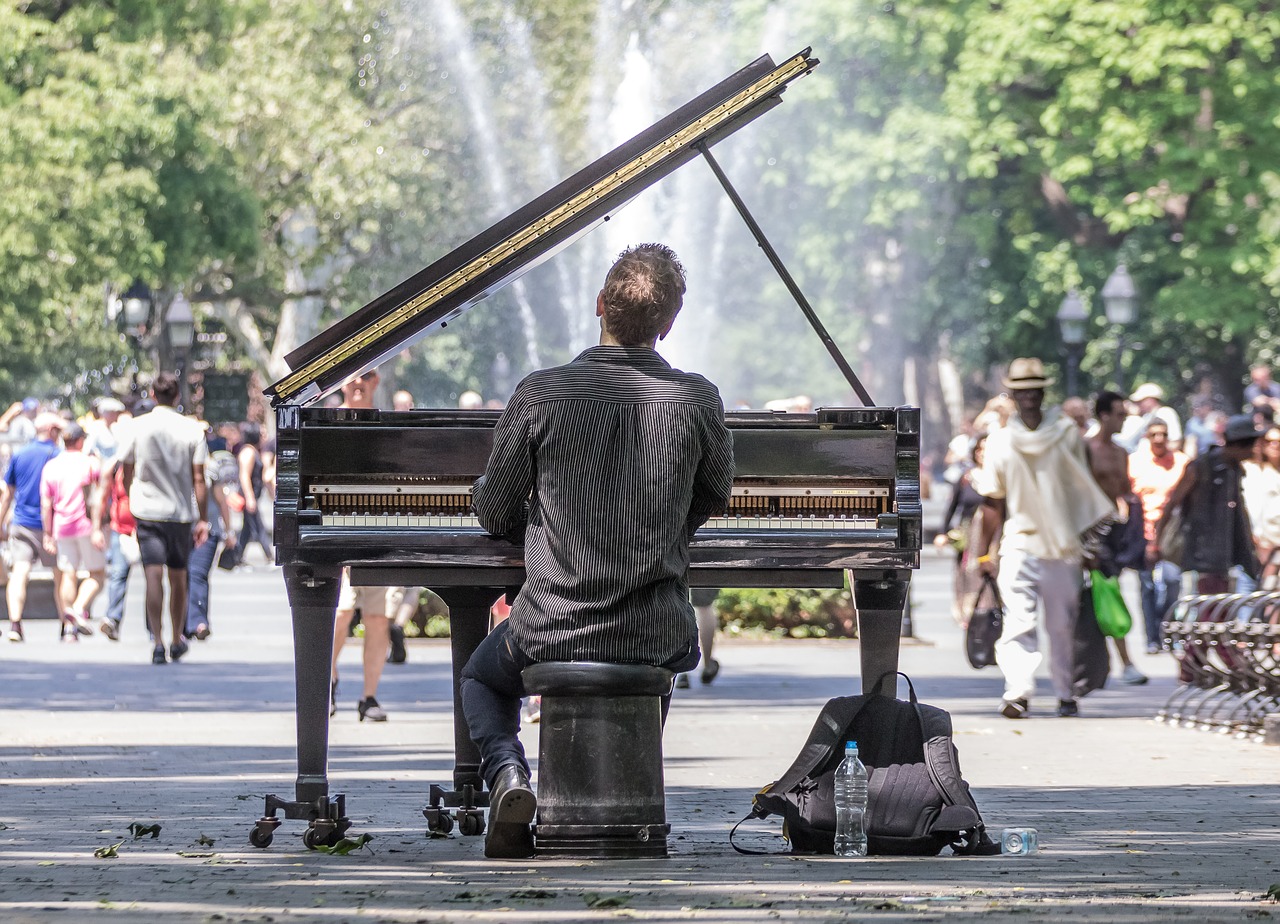What is it about music that speaks to our innermost selves? Why can it move us so compellingly; forcing our hands and bodies and feet into frantic motion or perhaps only silently stretching our souls? Did we learn it from the birds and animals and tumbling water? Or would it have arisen regardless from a divine spark within? (Beethoven, who became deaf, continued to write masterworks that he could not hear but that even today move others to tears.)
While humans are not the only makers of music, music seems to be deeply human. In a segment about music as the universal language on the radio program “All in the Mind”, musicologist Catherine Falk was asked whether there are any cultures without music. “The only one I can think of is a group of people in western Africa, people called the Ick [sic], people who have been so completely decimated, where social life and being human had become so very difficult for them, that in fact norms of human behavior went out the window,” said Falk. It took generations of famine and hardship for the Ick people to lose their culture, including their music, in the scramble for sheer survival. It took becoming less human.
Scientists and scholars argue that music is vital to our social and cognitive processes, central to our evolution as a species and to shaping us individually. From womb to age-induced dementia, we respond to music. It is deeply personal and deeply cultural. Creating as well as crossing boundaries, music is both a bridge and the glue for the space between us. To listen to another’s music with an open heart and an open mind is to drink from the common cup of shared humanity.
Ludwig van Beethoven
“Music is a higher revelation than all wisdom and philosophy.”Kurt Vonnegut
“If I should ever die, God forbid, let this be my epitaph: “The only proof he needed for the existence of God was music.”
